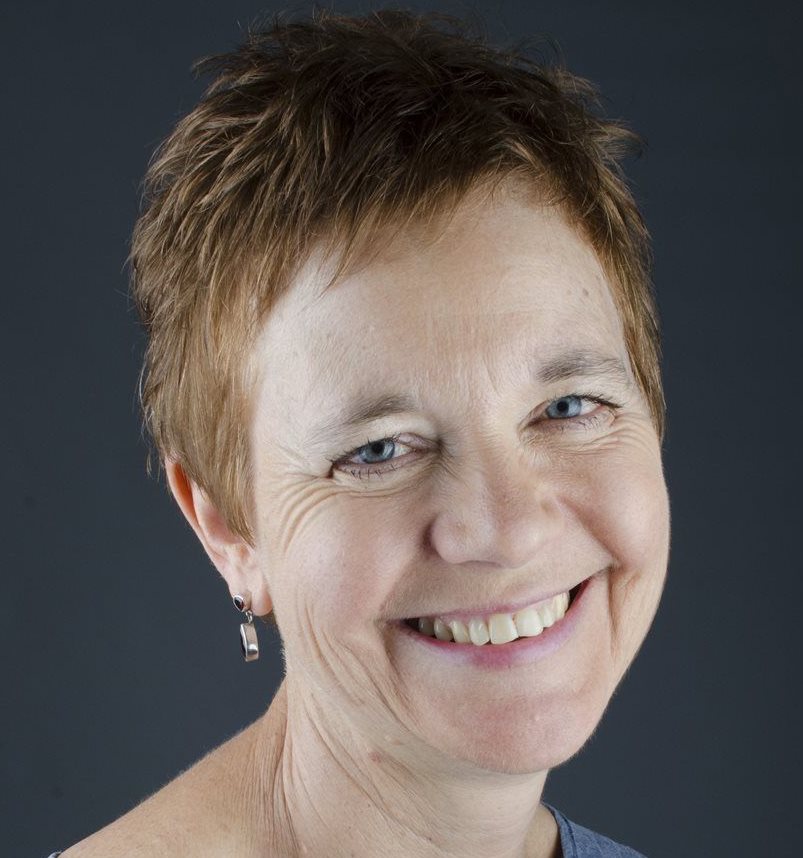How can we grow female entrepreneurship in SA?

Wathint' Abafazi, Wathint' Imbokodo. You strike the women, you strike the rock. These words have always resonated with me. They are drawn from the famous resistance song sung by South African women during the 1956 march against the pass laws. They’re a true reflection of the innate strength and courage of our women.
As we enter Global Entrepreneurship Week, though, it’s clear that the struggle continues for many South African women – specifically in the area of small business and entrepreneurship.
According to the World Bank, Africa boasts the highest growth rate of female-run businesses in the world. But down on the southernmost tip of the continent, women are still in the minority when it comes to entrepreneurship. While more than half of South Africa’s population is female, only 38% of SMEs are women-owned and led.
This is deeply concerning. According to the 2018 GEM report, our close neighbours Angola and Madagascar have a roughly equal entrepreneurship rate between men and women, so we’re lagging significantly. Because small businesses hold the key to transforming South Africa’s economy and unemployment, we need to encourage more women to take the leap and start their own businesses.
The challenges
The problem is that female entrepreneurs continue to face challenges not shared by their male counterparts. They typically have fewer assets. They have access to less capital, fewer business-oriented networks and a lower status in our often patriarchal society. The lion’s share of opportunities available in the market today is still reserved largely for male and youth-owned businesses.
The table just isn’t set for women entrepreneurs. And perhaps the biggest problem is that while men are free to go off and run their businesses, women are still largely expected to keep their households running and take care of the kids.
Even in two-parent homes, there is usually a subtle – often sub-conscious – belief that the women will look after the children. In many households, the oldest daughter often has the role of a childminder and quasi-mother thrust upon her at a sometimes very young age, particularly in rural areas.
But I believe that this traditional role of “household manager” could be one of the things that set women apart from men. Would-be female entrepreneurs already have a range of useful skills such as managing budgets, facilities, logistics, time, calendars and even staff. In fact, I’d go so far as to say that managing a household is like managing a small business.
Survivalist approach
Women also tend to start businesses for different reasons. Male entrepreneurs start businesses for any number of reasons – vision, opportunity, flexibility, passion – but many women who start informal businesses do so because they have no choice. It’s survivalist trading in its truest sense.
Traditionally cast in the role of mothers and wives, South African women display enormous resilience and a tenacious drive, particularly if they are single parents.
So what do we need to do to grow the rate of female entrepreneurship in South Africa? For a start, we must give them the entrepreneurial skills they need to run and grow sustainable and profitable businesses which can also create employment in their communities.
We must create role models. In a small business environment dominated by males, women need to be able to look up to – and access – successful female role models with personal experience. The path to success is always shorter when you can learn from the success and failures of others.
What’s at stake? McKinsey estimates that if women started businesses at the same rate as men, the global GDP might increase by $28 trillion by 2025. In South Africa, our GDP can do with all the help it can get.
More than that, though, the businesses women start usually help make the world a better place. If we can do more to give our women entrepreneurs the right tools and knowledge, we can create a diverse, vibrant small business landscape that can change the fortunes of entire communities.
At Raizcorp, we have seen our share of inspiring female success stories over the years, where women are making their mark in a challenging economic landscape, providing jobs and livelihoods to more and more people. It’s time to make the entrepreneurial circle bigger.


























